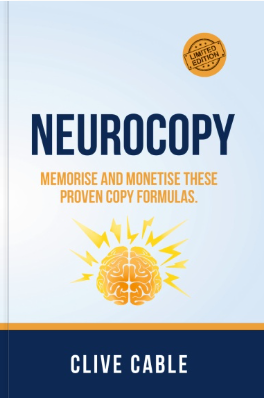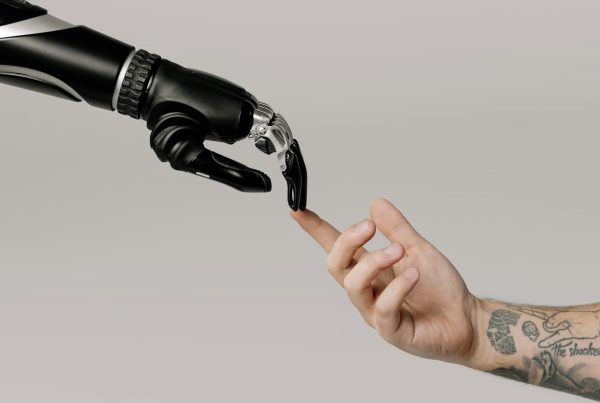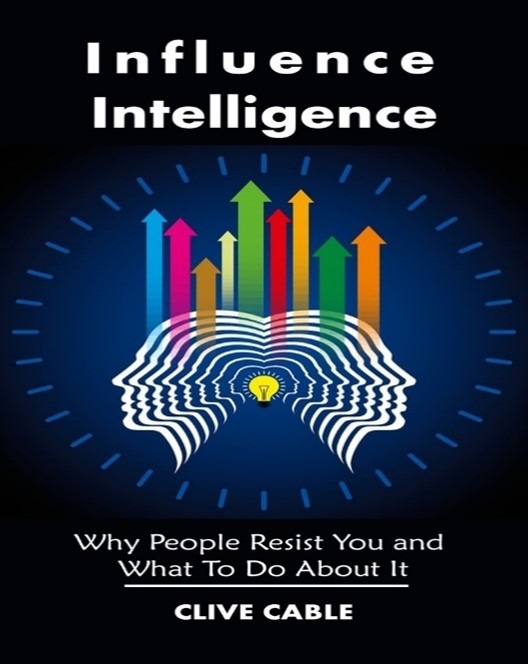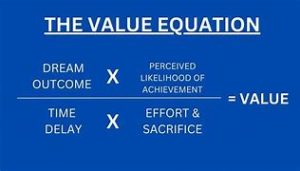
People are so sceptical these days.
Except of course the gullible.
And where do you find the gullible?
In high passion markets.
For example, golf, weight loss, biz op, health, fishing.
So copywriters gravitate to these markets like flies around a dead carcass.
But the ones making the big money in copywriting, what’s so special about them?
Legend has it that they are print hypnotists.
They use the hidden side of persuasion to deceive the gullible.
Yeah right!
As if you or I could be hypnotised into buying something just by reading words in print.
Can you imagine someone in a deep trance giving you their money without realising what they are doing?
It’s a joke.
Maybe you’ve seen a stage hypnotist getting grown men to fall in love with a rag doll.
It’s funny to watch but did you really expect me to believe someone can do the same with the written word?
But can this be done in writing?
Are writers using sneaky tactics the rest of us know nothing about?
There’s a lot of talk about NLP, language patterns and ‘sleight of mouth.’
I know this work in person or on the phone, but can they work in writing?
And if they do, how can you tell?
I like the saying, “the clues are everywhere.”
The masters of deception use misdirection.
When I say deception I’m not talking trickery.
The good guys use what I call ‘deception without deceit.’
That is to say they deceive you but they do in a way that is good for you.
Romance works in the same way.
When you first start dating you only reveal your best traits.
You hide your flaws.
We all do.
Would you call this trickery?
Or would you say it is deception without deceit?
Most amateurs use manipulation in their sales copy.
And that’s the problem.
People can see through most of the copy is written online.
The reason why is they use the “correct and convince” strategy.
First they tell you that whatever it is you are doing is wrong.
Then they tell you what they think you should be doing and in their opinion is right.
Does this work?
Well if I told you not to believe in something that you held dear what would you think of me?
And then after I told you what you believed in was wrong I started to tell you what you should believe in how would that make you feel?
Here’s what I mean.
Let’s say you believe that you create your own reality.
And I tell you that your destiny is already pre-planned.
What’s more there’s nothing you can do about it.
Therefore you should just give in and not try to fulfil your potential.
Does this make you feel good?
A far better way is the “validate and fascinate strategy.”
This is where you tell someone that they are right in what they are currently doing or believing.
And then you fascinate them with other ways to be right. Ways they’ve never considered.
Then watch as they lean towards you hanging on your every word.
Here’s how this works.
Let’s say that I tell you that your copywriting is excellent.
And I love your style and I believe you’re very persuasive.
And then I start to talk about how you could use NLP to persuade even more people.
I go on to talk about the various language patterns such as, presuppositions, cause-and-effect, implied cause-and-effect, awareness and so on.
I then demonstrate to you that by using these patterns more of your readers become true believers and buy from you.
So can you really hypnotise people in writing?
Well you’ve read this far and I have kept your attention.
How have I done that?
I used fascination to get you reading and keep you reading.
You may be aware that one of the online guru’s talks about the attention age on the Internet.
I believe it’s more than that.
I believe we moved into the age of fascination.
The only way to hold and keep someone’s attention online is through fascination.
Like I’ve just done with you.
Did I use hypnotic words?
You decide.
And while you do remember ‘the clues are everywhere.’

Want an unfair advantage over 98% of ordinary copywriters?
Forget the basic copy formulas that no longer work. BAB (Before and After Bridge) PAS (Problem Agitate Solve) AIDA (Attention – Interest – Desire – Action) buyers are immune to these.
BUT the 13 ways to intensify desire, the One Belief 10 Questions or the 12 Proof Elements – all sales copy must have are these proven million dollar winners.
They are all here (and more) inside this book.



